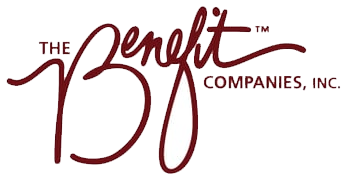





Managing Suspected Substance Use in the Workplace
Can you dismiss an employee for being drunk at work?
Wisconsin is an at-will employment state, meaning employers can generally terminate employment for workplace intoxication. While being under the influence of alcohol at work typically constitutes serious misconduct and can be grounds for immediate dismissal, employers must still follow proper procedures to ensure the termination is legally sound.
Employers should gather clear evidence of intoxication through reasonable suspicion testing, document all observed behaviors and incidents, and follow their workplace drug and alcohol policy's disciplinary procedures. It's crucial to conduct a fair investigation, which includes giving the employee an opportunity to respond to the allegations. If the investigation confirms the employee was intoxicated at work, and this violates company policy, termination may be warranted. However, employers should consider whether there are any underlying medical conditions or addiction issues that may require reasonable accommodation before making a final decision.
What do supervisors need to know about reasonable suspicion testing?
Reasonable suspicion testing is a vital workplace safety measure that allows employers to test employees for drugs or alcohol when there is evidence-based reason to believe they are under the influence at work. This testing must be based on specific, contemporaneous, and observable facts such as physical symptoms, behavioral changes, or documented performance issues, not mere hunches or unsubstantiated claims.
The key requirements for supervisors conducting reasonable suspicion testing are straightforward: you must document all observed behaviors that led to your suspicion, follow your company's established testing procedures, and act promptly when you notice concerning signs.
Employers should ensure supervisors receive proper training to recognize signs of impairment, understand how to properly document their observations, and know the specific steps to take when reasonable suspicion arises. By maintaining clear documentation and following established protocols, supervisors can help ensure workplace safety and legal compliance.
Workplace Substance Use Policy & Procedure Consulting
Managing workplace substance use issues requires expert guidance to protect both your business and employees. BenHR's experienced consultants help Wisconsin employers develop comprehensive policies and procedures that stand up to legal scrutiny. Our HR consulting team creates customized substance use policies, documentation protocols, and supervisor training programs for complex workplace situations. We ensure your procedures are both compliant and practical, providing ongoing support for policy updates and incident response.
Don't risk costly mistakes when handling sensitive workplace substance use issues. BenHR's consultants provide the expertise you need to manage these situations effectively. Contact our team today to discuss your workplace substance use policy needs.


 Payroll Client Access
Payroll Client Access